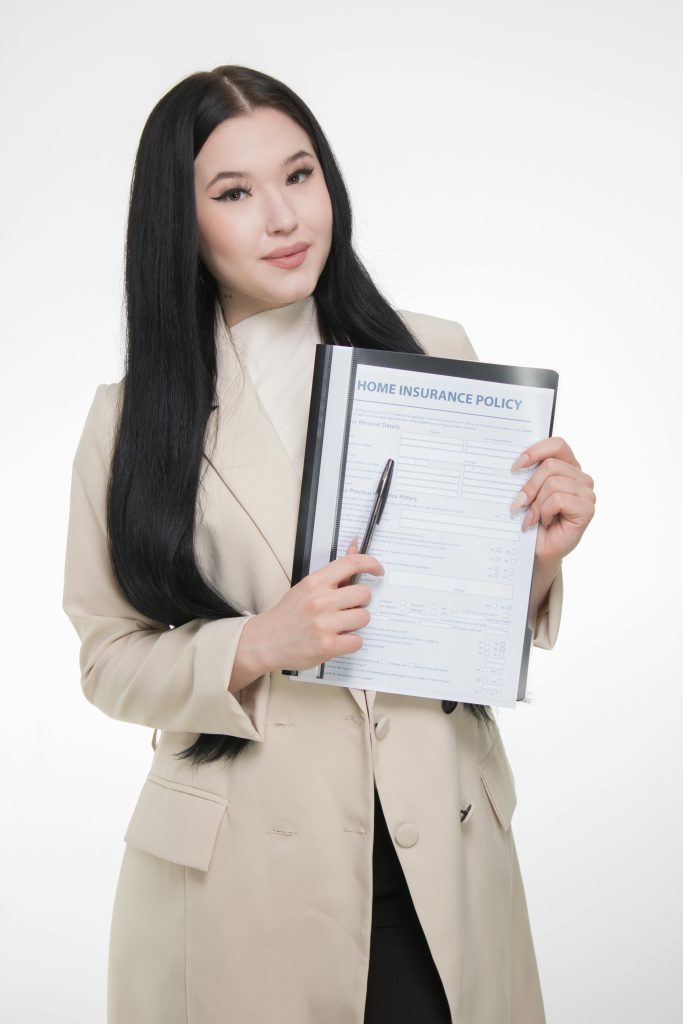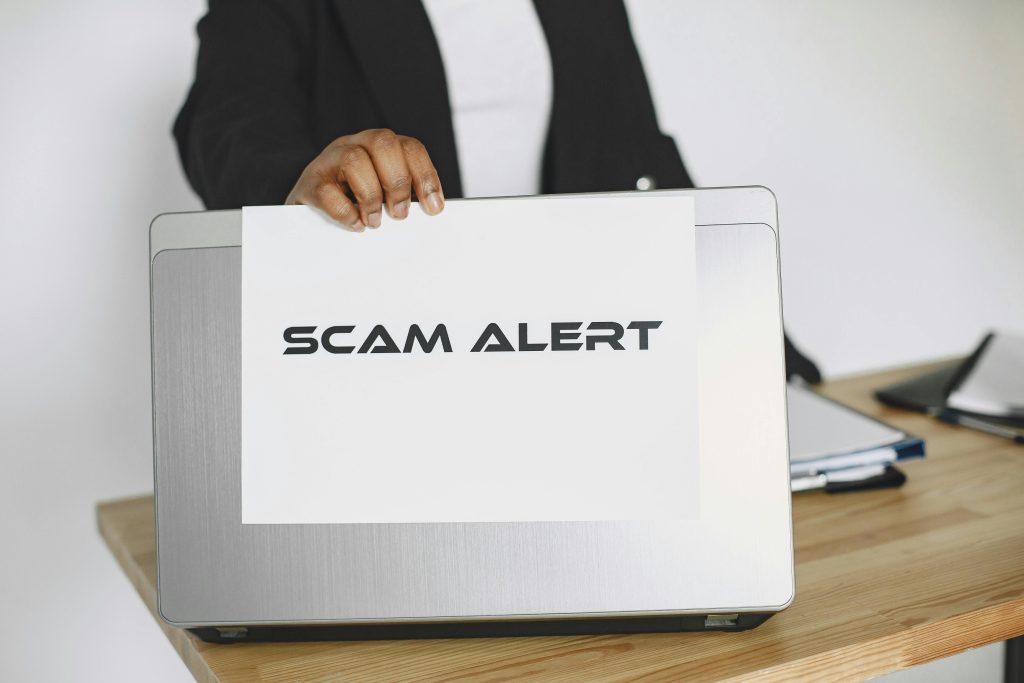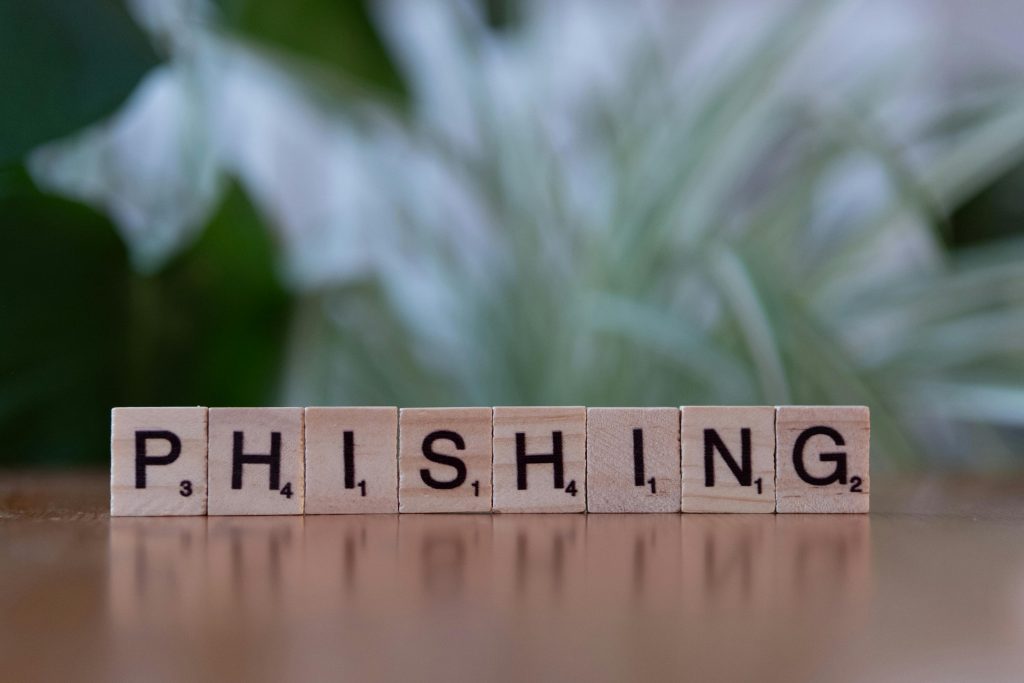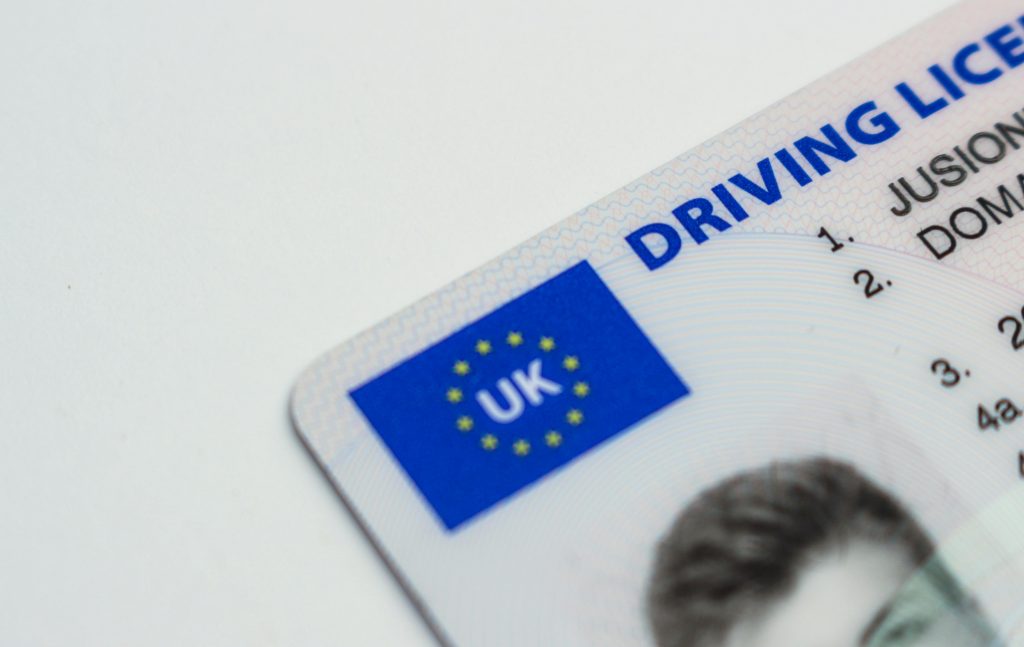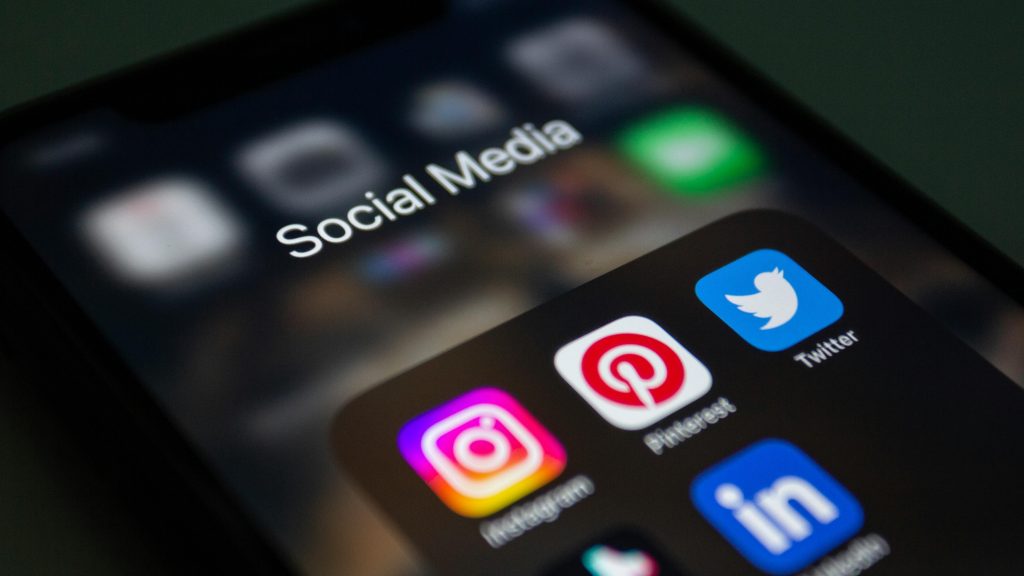If you’re applying for jobs with little to no work experience, writing a cover letter might feel overwhelming. How do you impress a recruiter when you don’t have much to showcase? The good news is that you don’t need years of experience to write a strong cover letter. In this guide, we’ll show you how to highlight transferable skills, academic achievements, and personal strengths to create a compelling cover letter with no work experience.
How to Write a Cover Letter Without Work Experience
When you’re starting out, a lack of work experience can feel like a barrier, but recruiters are looking for more than just years on a resume. They want to know if you’re motivated, eager to learn, and if you have the skills to contribute to their organization. Here’s how you can frame your cover letter to impress them.
What Recruiters Look for in Entry-Level Candidates
At the entry level, recruiters aren’t necessarily looking for years of experience—they want to see potential. The top skills and qualities employers value include:
- Eagerness to learn: Employers want candidates who show enthusiasm for the role and are excited to grow with the company.
- Soft skills: Communication, teamwork, problem-solving, and adaptability are essential, even if you don’t have a formal job history.
- Drive and passion: Employers love candidates who are passionate about their field or the company’s mission.
As someone with little to no experience, focus on showing how you possess these traits, which will convince the employer that you have what it takes to succeed.
How to Highlight Transferable Skills & Education
You may not have formal work experience, but you likely have transferable skills and other abilities that can be applied to the job. Here’s how to leverage them:
- Internships and volunteer work: If you’ve volunteered or completed internships, these are great opportunities to showcase your experience and skills. Highlight the tasks you performed and the impact you made.
- Coursework and academic projects: If you’ve completed relevant coursework or significant projects during your studies, explain how they relate to the job role. Team projects, research, and presentations are all valuable experiences that showcses your ability to work collaboratively, manage deadlines, and think critically.
- Extracurricular activities and leadership roles: Participation in clubs, societies, or sports teams can highlight teamwork, time management, and leadership potential. Mention any leadership roles or accomplishments in these areas.
By focusing on these areas, you can demonstrate that your academic and personal experiences are relevant to the job.
Structuring Your Cover Letter for Maximum Impact
Your cover letter’s structure is key to delivering your message effectively. With no experience to highlight, your writing needs to capture the recruiter’s attention and show that you’re the right fit for the role. Here’s how to structure it for maximum impact.
The Best Opening Statement for Entry-Level Cover Letters
Start your cover letter strong by showing enthusiasm for the role and linking your background to the company’s needs. Your opening should convey your excitement and give the recruiter a reason to keep reading.
Example Opening:
“As a recent graduate passionate about digital marketing, I am eager to apply my skills in content creation and social media management at [Company Name].”
This opening showcases your enthusiasm, relates your background to the role, and includes the company name to show that you’ve tailored the letter specifically for them.
Other effective ways to begin:
- Mention your academic background or a recent project that aligns with the role.
- Express why you’re particularly interested in the company’s mission or values.
- Highlight transferable skills from internships or volunteer work.
Ending Your Cover Letter with Confidence
Ending your cover letter confidently leaves a lasting impression and encourages the recruiter to take action. Even if you lack experience, you can still show that you’re ready and eager to contribute.
How to express eagerness to learn and contribute:
- Show confidence in your ability to grow:
- “I’m really excited about the opportunity to learn and grow within [Company Name] and contribute to your team’s success.”
- Direct call to action for the next steps:
- “I would love the opportunity to discuss how my skills and passion for [industry] can contribute to your team. I look forward to the possibility of meeting with you.”
By expressing enthusiasm and requesting an interview, you show initiative and proactivity—qualities employers value.
FAQs (SEO-Optimized for Featured Snippets)
How do I write a cover letter if I have no work experience?
Focus on transferable skills, academic achievements, and enthusiasm for the job.
What should I include in a cover letter as a fresh graduate?
Highlight internships, coursework, volunteer work, and leadership roles.
Can I apply for a job without a cover letter?
While not always required, a well-written cover letter can significantly improve your chances.
What’s a good way to start a cover letter with no experience?
Start with enthusiasm and mention how your skills align with the role and company.
Should I mention my lack of experience in my cover letter?
No, focus on what you bring to the role rather than emphasizing what you lack.
Conclusion
Writing a cover letter with no experience may seem daunting, but it’s an opportunity to highlight your potential, enthusiasm, and transferable skills. By focusing on what you can bring to the table—whether it’s academic achievements, internships, or extracurricular activities—you can craft a compelling cover letter that shows you’re ready to take on the role.
Follow all the cover letter writing steps outlined in this guide to structure your content, and remember that your enthusiasm, willingness to learn, and drive can be just as valuable as experience when applying for your first job.

